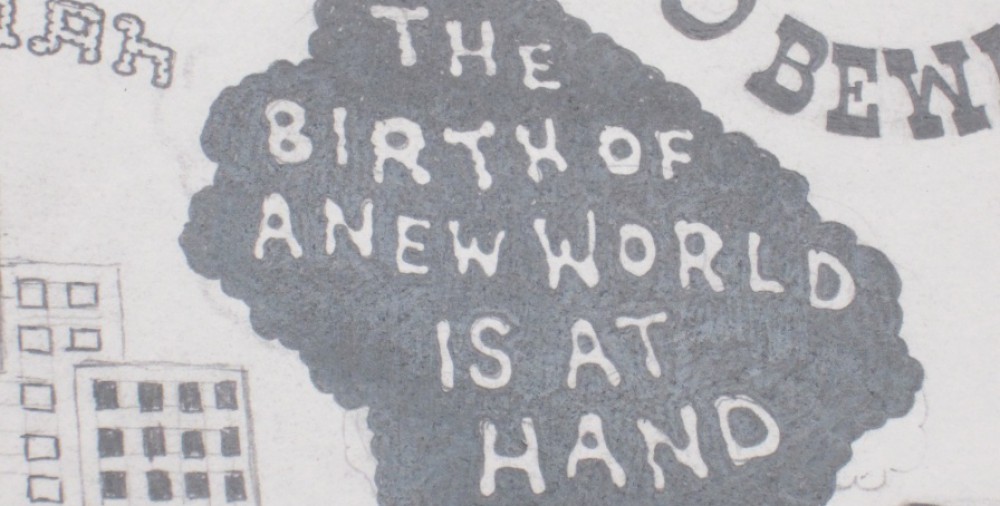After reading “The Ones Who Walk Away From Omelas” by Ursula K. Le Guin I spent a lot of time thinking about how society functions and Le Guins idea of a utopian society. The author viewed a utopian society as one that is drug free, government free, law free and everyone is happy. Guin mentions often in his view of a utopian society where everyone is nude. I believe he used this as a symbol of being completely free of any government or laws. I imagined the society to visually be a futuristic medieval times type of design where there is no technology but the buildings themselves are futuristic in today’s standards. However, in one of these buildings the author describes a child. This child is described to be all dirty and bruised from sitting in his or her own feces. The child is nude like everyone else but they are very dirty and not visually appealing like everyone else. In the story it is said that the child was neglected growing up and therefore he turned out like this. I believe that this symbolizes what a bad environment can lead to in today’s world. If a kid today is brought up in a broken family that is addicted to all of life’s vices, then they will turn up like that and be the very opposite of a utopian society. At the end the author describes people leaving the city of Omelas and not returning. I believe that this symbolizes that even though society is perfect, people still won’t like it and therefore you cannot satisfy everyone. Maybe the child mentioned is a result of what you return as when you leave Omelas. I also read another piece that is in relation to “The Ones Who Walk Away From Omelas” and it was entitled “The Day before Revolution” which was also written by the same author. In the prelude for the reading, the author immediately mentions that this piece was about someone who left Omelas. In my opinion this person is lead to be the protagonist who doesn’t have a name. The setting of the story is in the middle of a rebellion which in my opinion could potentially be the climax so to speak in a road to get to the people’s eyes of a utopia. The protagonist lost her husband Taviri to this rebellion. The protagonist then grows old and is unable to take care of herself and I feel that she sort of lost this will power when her husband died. The protagonist maybe believes that her own utopia would have to include her husband and she cannot have one without him. This story tended to jump all over the place and include a lot of detail that did not provide any detail to the story. You really have to dig deep to see how this even can be viewed as a story for utopian societies. Also the author doesn’t mention Omelas at all besides the prelude.
Utopias & Dystopias
ENG 2000: Perspectives in Literature, Professor Belli, Spring 2014



